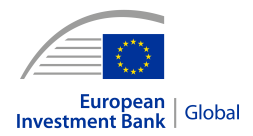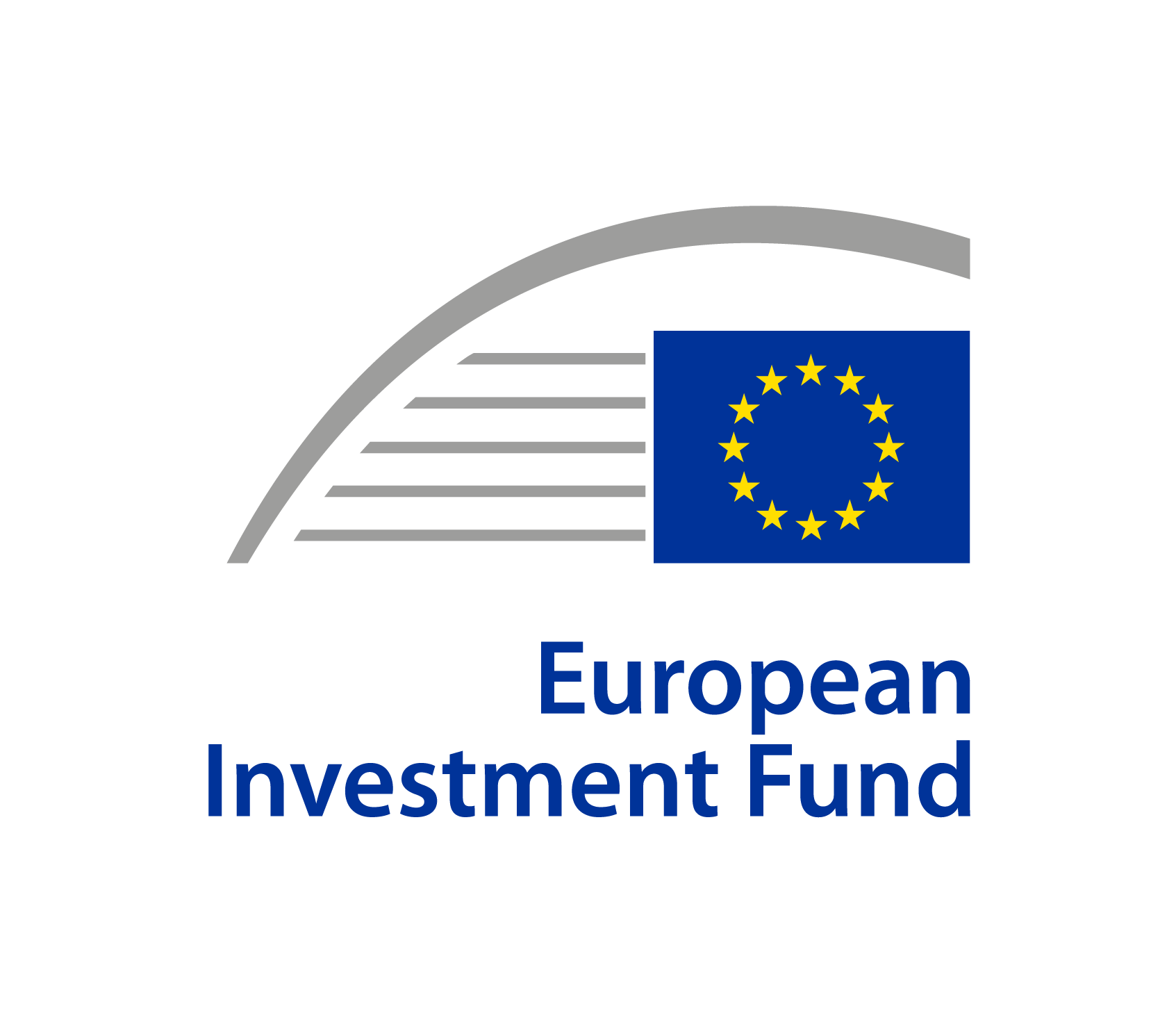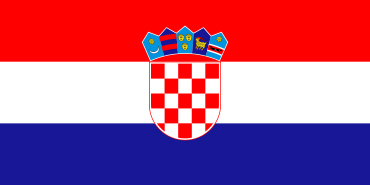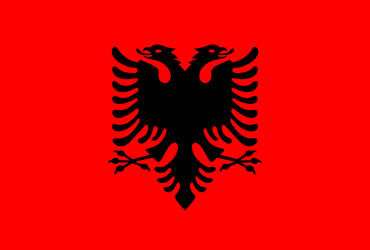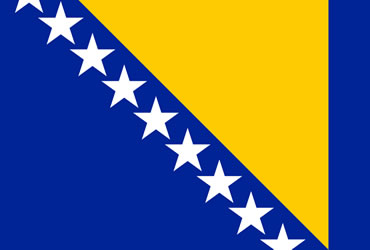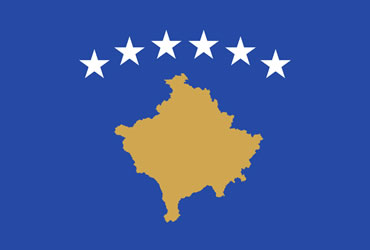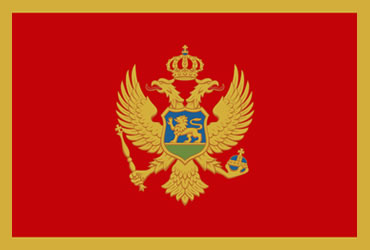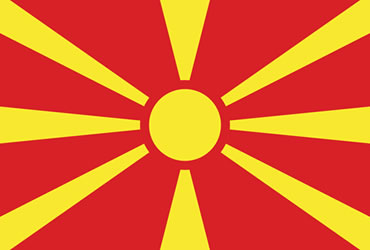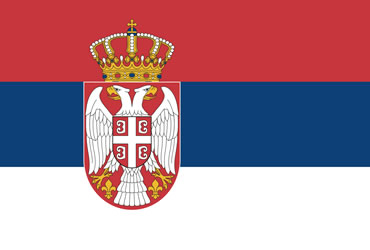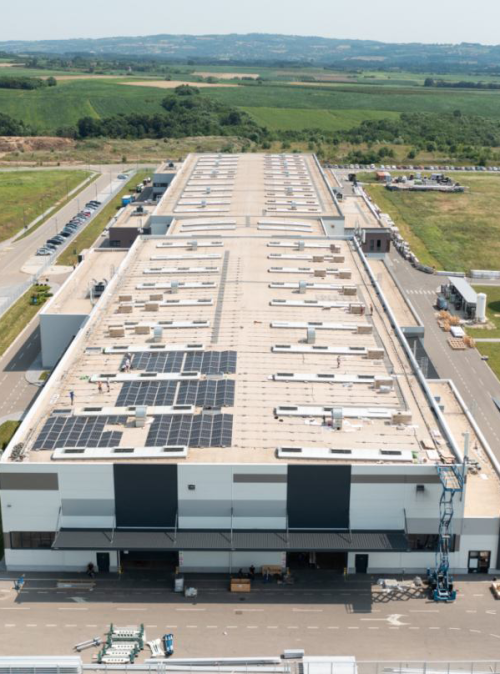
Eco-industrial parks project progressing in Albania and Serbia
An agreement was signed on 22 May 2025 paving the way for the development of eco-industrial parks in Albania. The initiative is co-funded by the EU’s Western Balkans Investment Framework and the International Finance Corporation (IFC) and marks an important step toward accelerating sustainable industrial development in Albania. Eco-industrial parks bring businesses together in a shared industrial space to optimise resource use, reduce environmental impact, and enhance economic collaboration.
“With the support of the European Union and partnership with IFC, we aim to build stronger legal frameworks, enhance institutional capacities, and foster private investment in sustainable technologies. This is the path to turning Albanian industry into a green transition success story in the region,” said Blendi Gonxhja, Minister of Economy, Culture and Innovation.
Silvio Gonzato, EU Ambassador to Albania, said: “The signing of the cooperation agreement for the development of eco-industrial parks in Albania takes place symbolically on the very day Albania opens Cluster 3 of its EU accession negotiations, focused on competitiveness and inclusive growth. We will provide expertise for eco-industrial parks to foster green investment and help existing businesses transition toward more sustainable practices. Industrial reform—including the green and digital transition—is a key element of the EU accession process and the EU is supporting Albania on this path.”
The EU through the Western Balkans Investment Framework contributes €3.6 million to assess the feasibility of eco-industrial parks through four pilot case studies. Implemented by IFC, this initiative will provide technical assistance to the Albanian authorities in aligning policies with international eco-industrial park standards, strengthening institutional capacities, and designing the concept for new eco industrial parks.
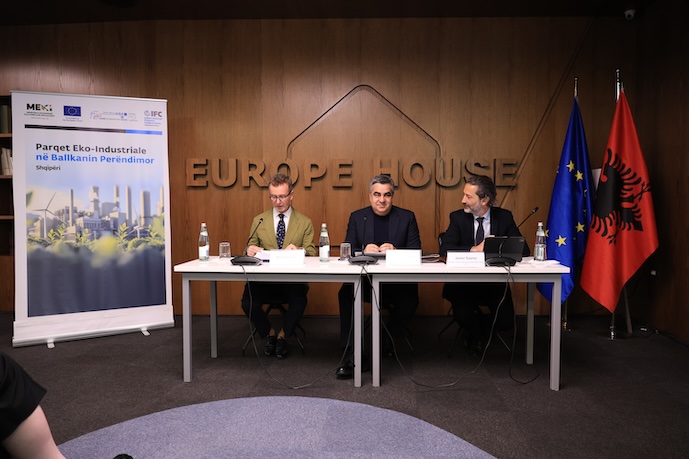
Workshops for Serbia’s first greenfield eco-industrial park
Meanwhile in Serbia, Šabac hosted the first in a series of workshops aimed at preparing the city for the development of Serbia’s first greenfield eco-industrial park.
The workshop was attended by representatives of the city administration, who were introduced to the principles of how eco-industrial parks (EIP) function, the international standards that should be applied, and how the city can attract and support companies that will operate in the zone in the future.
The workshop covered key topics such as:
- How to plan services and infrastructure in a sustainable and efficient way
- What legal and environmental steps are required
- How the city can attract investors and promote the project
- How the EIP can support Šabac’s economic development while reducing pollution
“The workshop gave us clear guidance and practical examples of what needs to be done,” said Ana Marinković, representative of the Šabac City Administration. “We are proud to be part of this important project and ready to apply what we’ve learned to ensure everything is well-organised and brings long-term benefits to our city.”
Further technical support and planning activities will follow, including joint work on infrastructure design, environmental requirements, and investment outreach.
---
The Eco Industrial Park pilot project is the result of partnerships between the European Union, the International Finance Corporation (IFC), local governments, and the private sector.
Aligned with policies such as the European Green Deal, the Green Agenda for the Western Balkans, and the Economic and Investment Plan for the Western Balkans 2021-2027 contributing to the Global Gateway, the project aims to support industrial decarbonisation and the creation of sustainable and competitive industrial zones. The European Commission, through the Western Balkans Investment Framework (WBIF), has been instrumental in supporting projects like these across the region.
More about the Eco-industrial Parks in the Western Balkans here
See all the EU-supported programmes for the private sector https://www.wbif.eu/sectors/private-sector-2024
---
The WBIF is the main vehicle for the implementation of the Economic and Investment Plan for the Western Balkans 2021-2027 which directly contributes to Global Gateway - the European strategy to boost smart, clean and secure connections in digital, energy and transport sectors, and to strengthen health, education and research systems across the world. Global Gateway is fully aligned with the UN’s Agenda 2030 and its Sustainable Development Goals, as well as the Paris Agreement. The initiative aims to mobilise up to €300 billion in investments worldwide. Through a 'Team Europe approach', Global Gateway will bring together the EU, its Member States and their financial and development institutions to mobilise the private sector to leverage investments for a transformational impact.
